What is a DAO?
1. Characteristics of DAO #1: Decentralization
2. Characteristics of DAO #2: Autonomy
3. Advantages of DAOs
3.1 Democratic and transparent decision-making
3.2 Cost-cutting
3.3 Easy fundraising
4. Disadvantages of DAOs
4.1 Time-consuming decision-making
4.2 Security risks
4.3 Uncertain Legal Status
Popular Articles
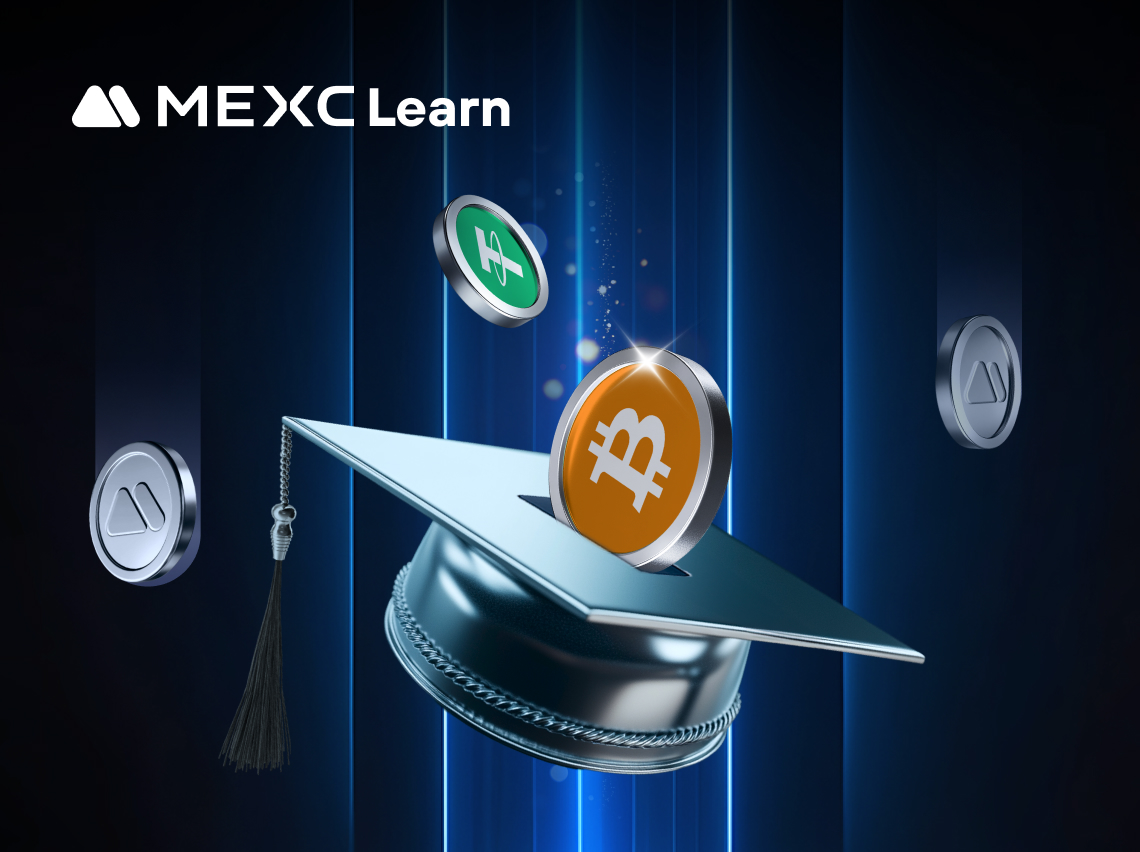
Is Dogecoin Dead? A Data-Driven Look at DOGE’s Survival Through Market Cycles
Key TakeawaysDogecoin (DOGE) is not dead; it remains a liquid, actively traded asset with a market capitalization of over $20 billion as of late 2025.Although it trades below its all-time high of $0.7
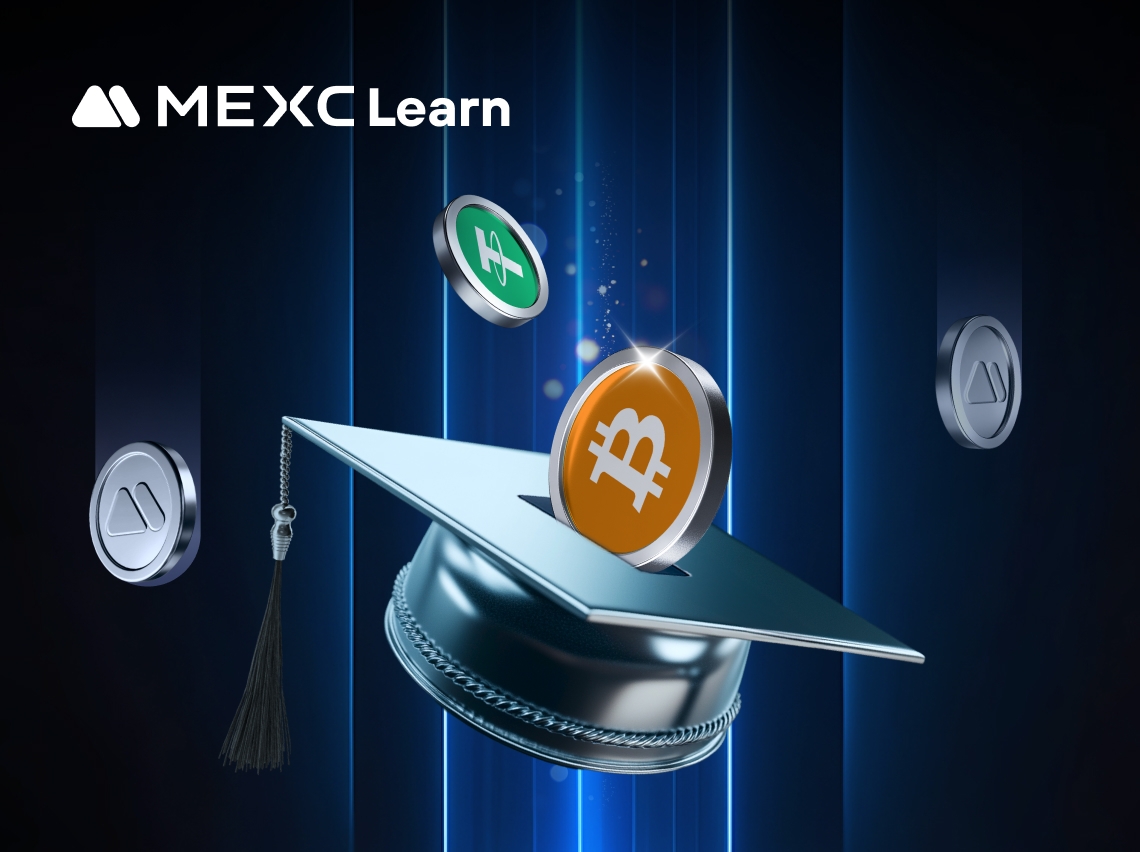
Is It Worth Staking Crypto? Real Benefits vs Actual Risks
Crypto staking promises passive income while you sleep, but is it really that simple?Many investors wonder if locking up their digital assets for rewards makes financial sense, especially when markets
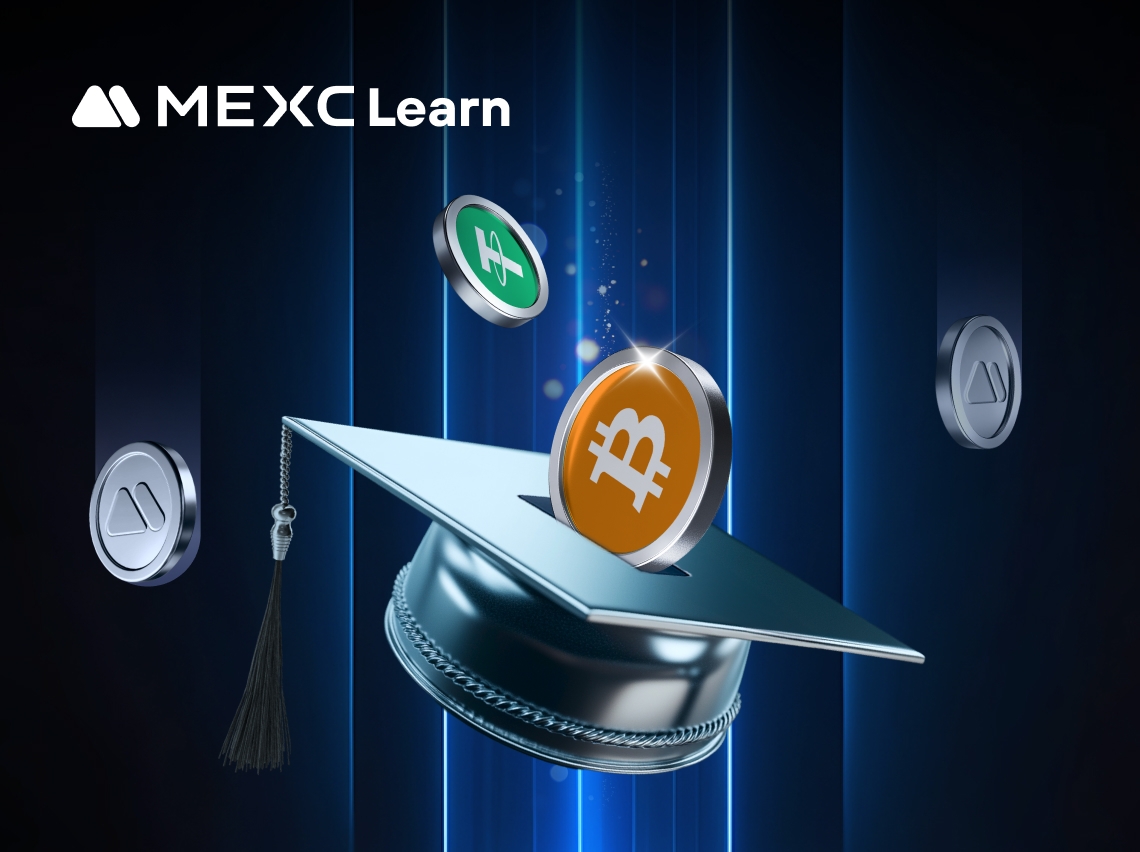
How to Stake XRP? Platforms, Rewards, and Risks Explained
Many XRP holders wonder if they can earn passive income through staking their tokens. While XRP doesn't support traditional Proof-of-Stake mechanisms, multiple platforms offer genuine ways to generate
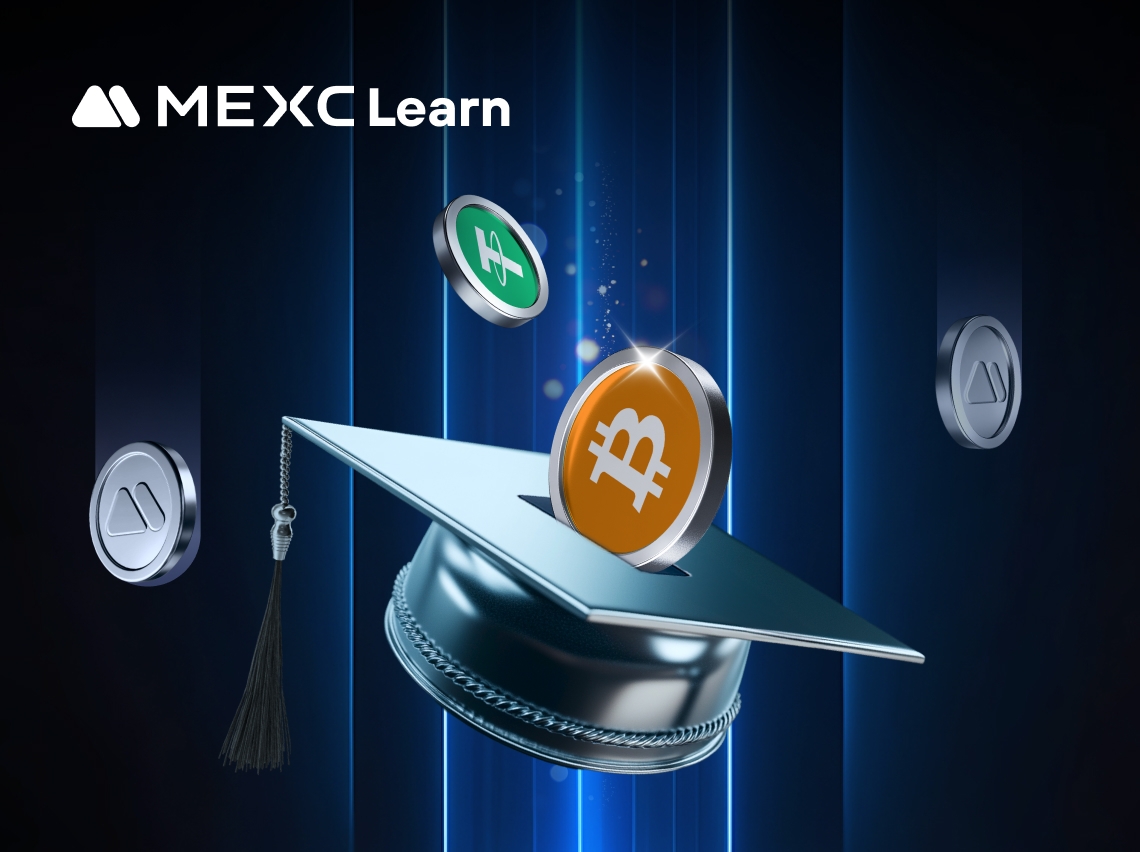
What Is Bitcoin Staking and How Does It Work?
Bitcoin holders looking to generate passive income without selling their assets now have options beyond traditional trading. This guide explains bitcoin staking, how it works, the rewards you can expe
Hot Crypto Updates
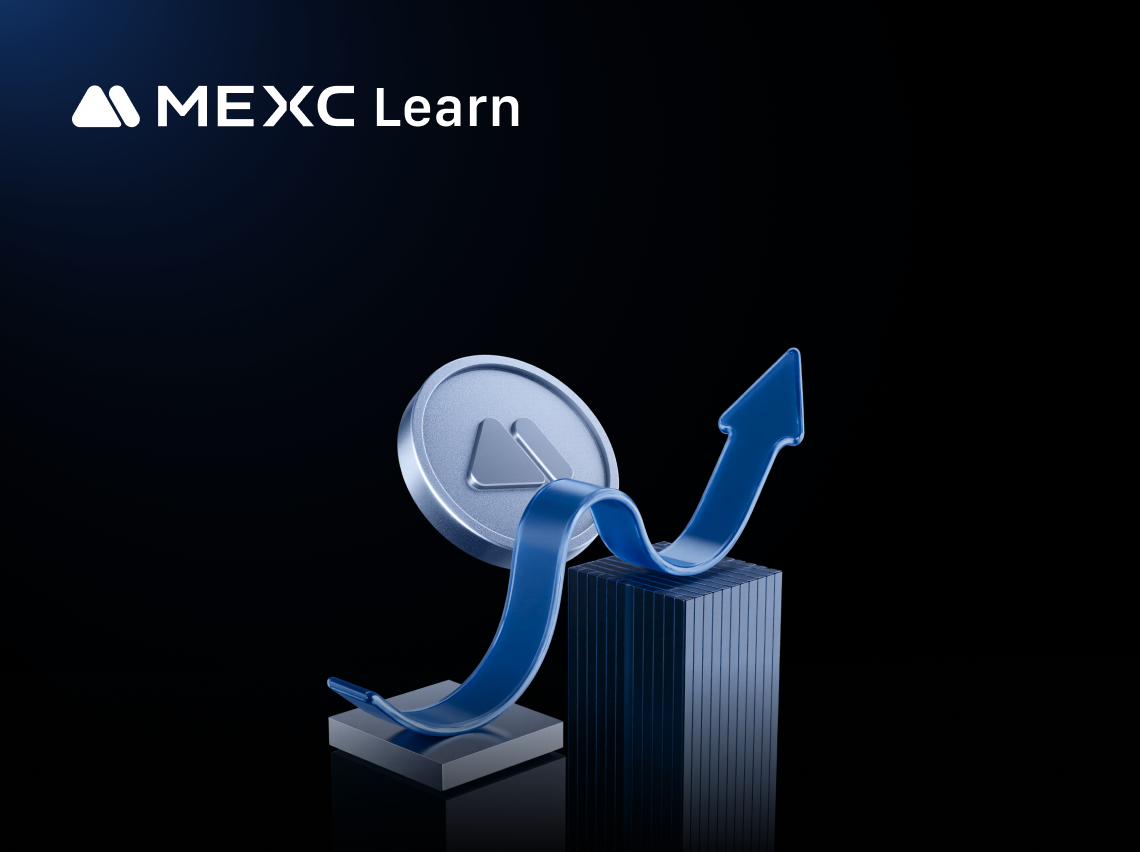
Argentina's President Mired in Crypto Scandal: The Calculated Launch and Political Manipulation Behind Libra's Collapse
Key Takeaways Argentine President Milei promoted the Libra cryptocurrency on February 14, 2025, which crashed 85% within hours, causing investor losses exceeding $251 millionCongressional investigatio
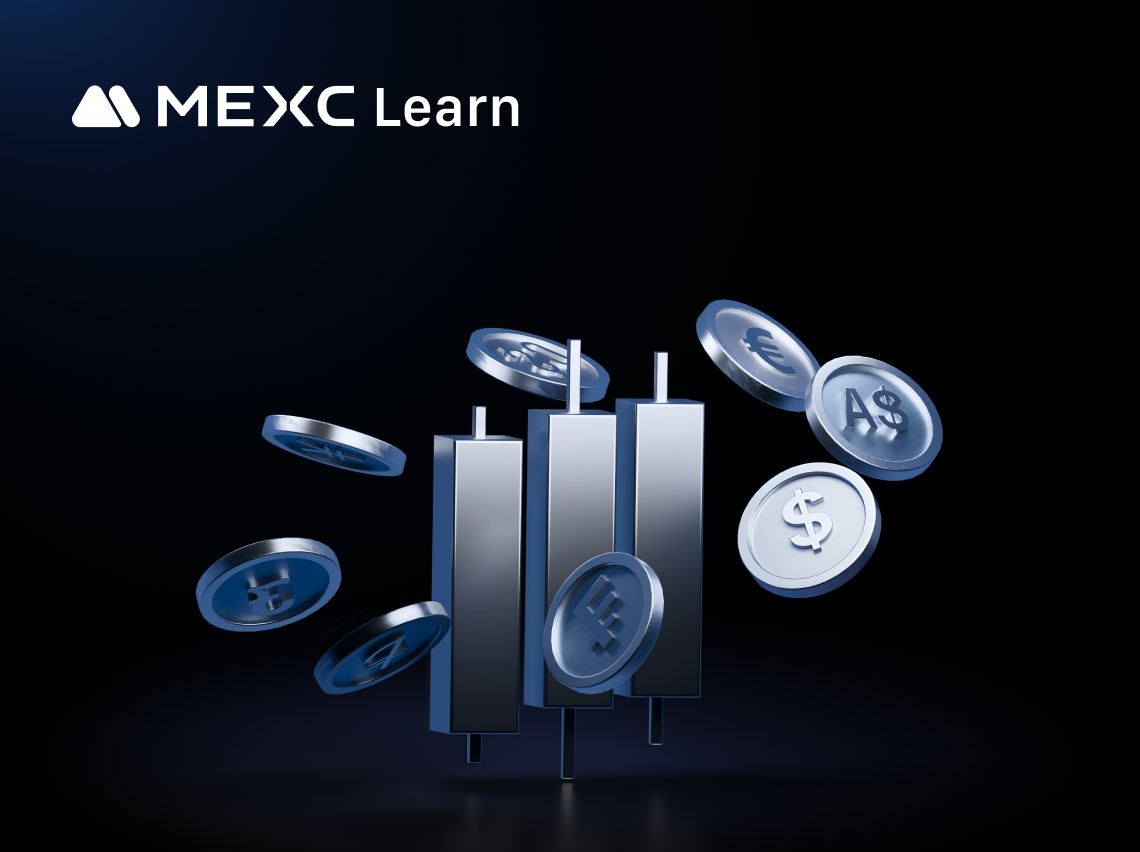
JPMorgan Launches Tokenized Money Market Fund on Ethereum: A Milestone in Traditional Finance's Blockchain Adoption
Key Takeaways JPMorgan Asset Management debuts its first tokenized money market fund on Ethereum mainnetQualified investors gain on-chain access to U.S. dollar yields backed by Treasury securitiesThe
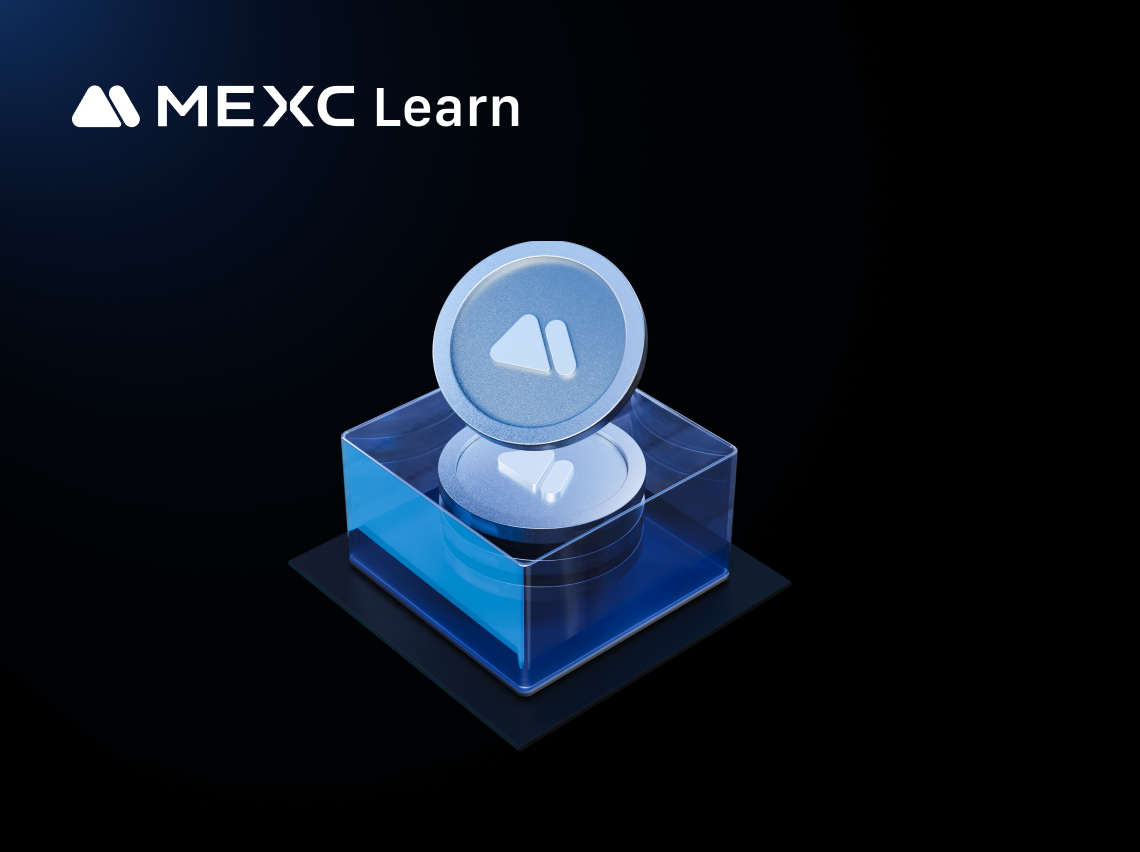
XRP Price Breaks Critical Support: Technical Analysis Reveals Deep Pullback Risks and Trading Strategies
Key Takeaways XRP price breaks below critical $2.40 support level, technical indicators signal intensifying bearish momentumRelative Strength Index (RSI) and moving averages form death cross, indicati
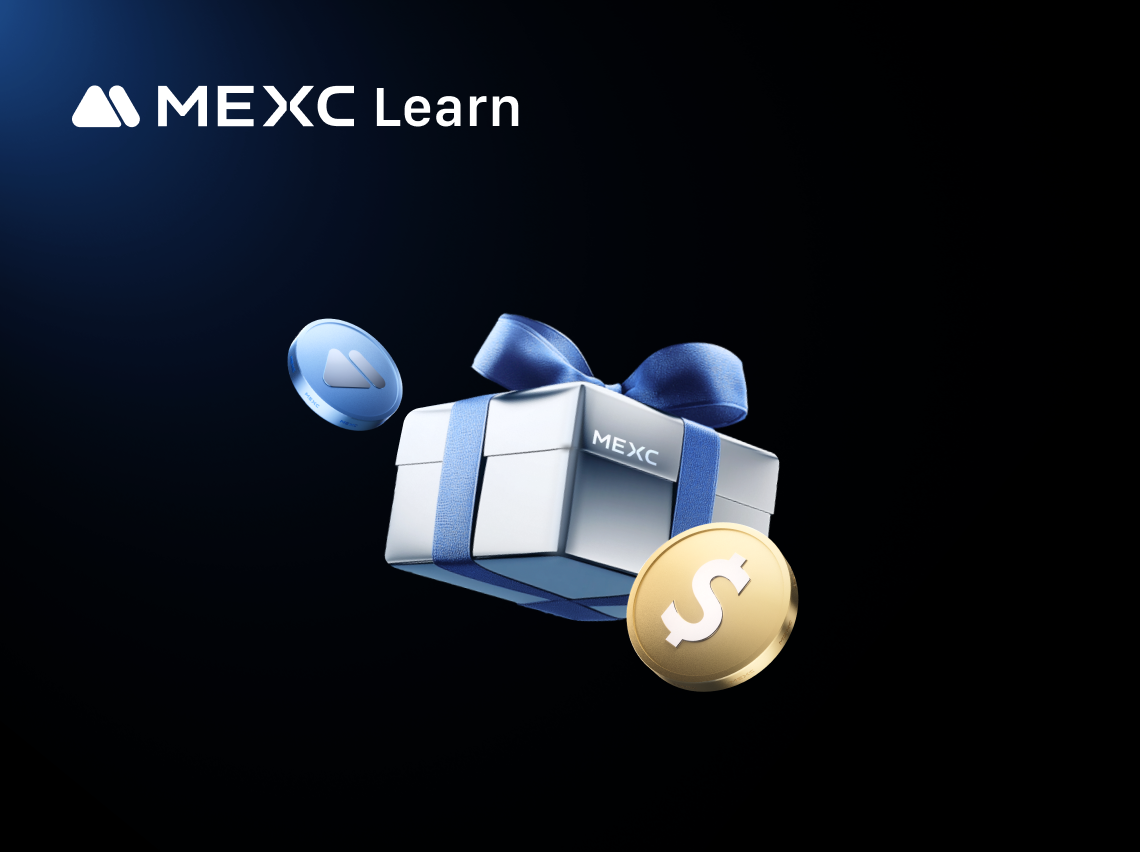
StraitsX Launches on Solana: Singapore and U.S. Dollar Stablecoins Enable Instant Currency Exchange in Digital Forex Revolution
Key Takeaways StraitsX to launch Singapore Dollar (XSGD) and U.S. Dollar (XUSD) stablecoins on Solana blockchainUsers can execute instant SGD/USD swaps on Solana network with significantly improved tr
Trending News

The Channel Factories We’ve Been Waiting For
The post The Channel Factories We’ve Been Waiting For appeared on BitcoinEthereumNews.com. Visions of future technology are often prescient about the broad strokes while flubbing the details. The tabl

USDC Treasury mints 250 million new USDC on Solana
PANews reported on September 17 that according to Whale Alert , at 23:48 Beijing time, USDC Treasury minted 250 million new USDC (approximately US$250 million) on the Solana blockchain .
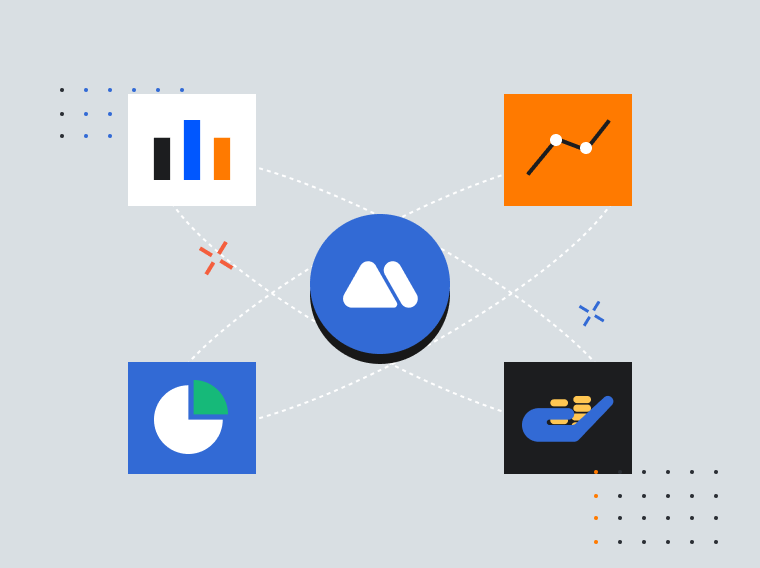
US S&P Global Manufacturing PMI declines to 51.8, Services PMI falls to 52.9 in December
The post US S&P Global Manufacturing PMI declines to 51.8, Services PMI falls to 52.9 in December appeared on BitcoinEthereumNews.com. The business activity in
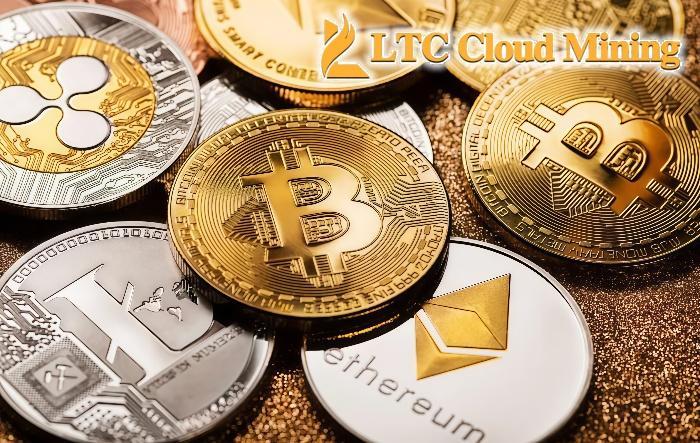
Chris Burniske Forecasts Big Changes Coming to Cryptocurrency Market
TLDR Chris Burniske predicts that price flows will start driving crypto market narratives. Burniske foresees underperforming cryptocurrencies gaining more attention. Coinbase predicts growth in Q4 202
Related Articles

Is Dogecoin Dead? A Data-Driven Look at DOGE’s Survival Through Market Cycles
Key TakeawaysDogecoin (DOGE) is not dead; it remains a liquid, actively traded asset with a market capitalization of over $20 billion as of late 2025.Although it trades below its all-time high of $0.7

Is Dogecoin Worth Investing In? A Data-Driven Investment Guide
Key TakeawaysDogecoin is a highly volatile, meme-driven cryptocurrency with limited fundamental utility compared to more established assets like Bitcoin or Litecoin.Its inflationary supply (no cap, ~5
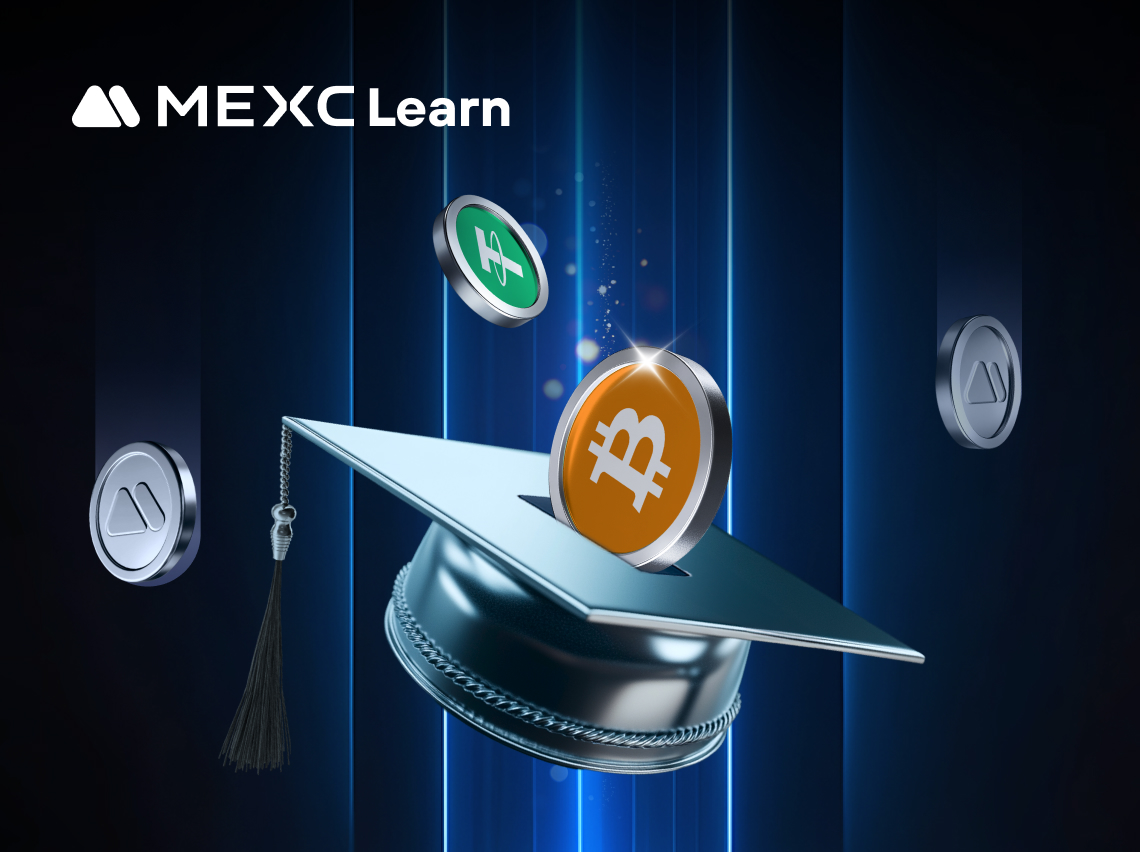
How to Store Dogecoin (DOGE) Safely?Practical Wallet Guide & Risk Avoidance Tips
Securing your digital assets is the most critical step after acquiring cryptocurrency. For Dogecoin (DOGE) - a digital currency celebrated for its community-driven approach and ease of use - selecting
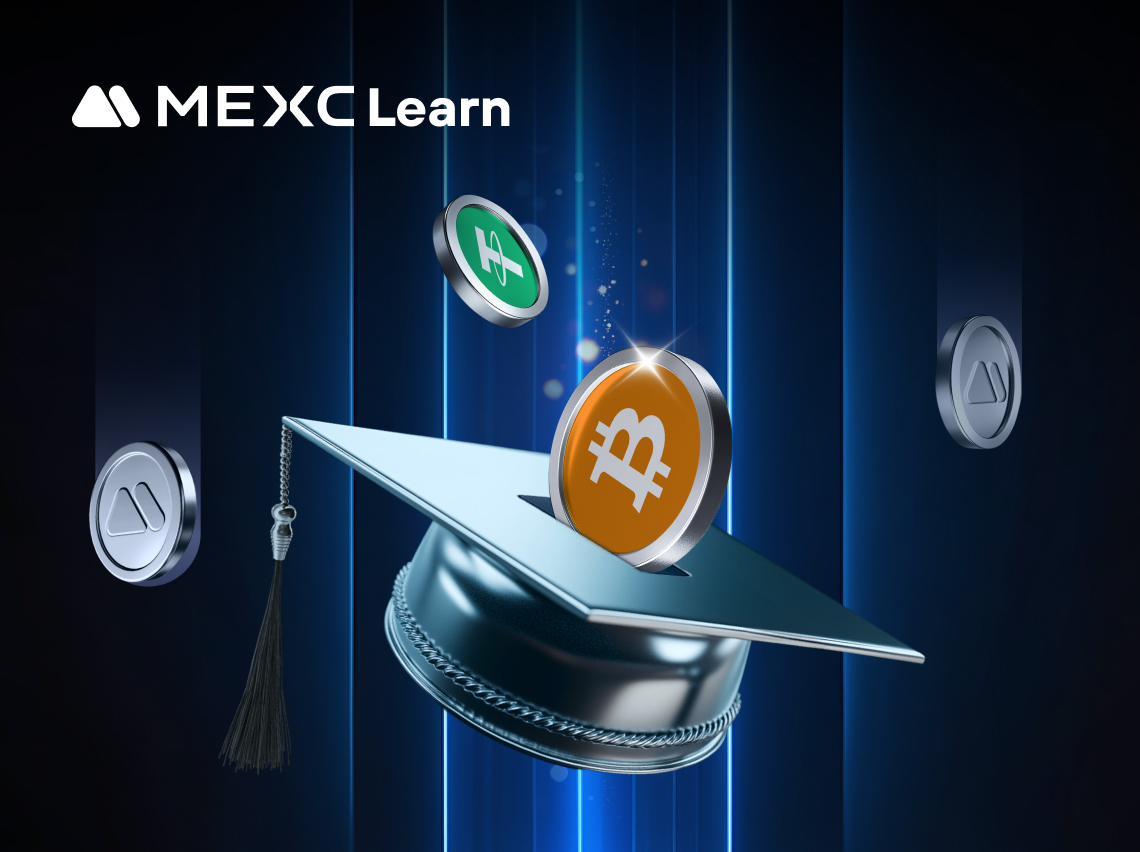
How to Buy Dogecoin (DOGE) on MEXC: Low Fees, Fast Execution & Safety Guide for Beginners
Dogecoin (DOGE), originally introduced as a meme coin in 2013, has come a long way from its playful beginnings to become one of the most recognized cryptocurrencies in the world. Despite its inflation
